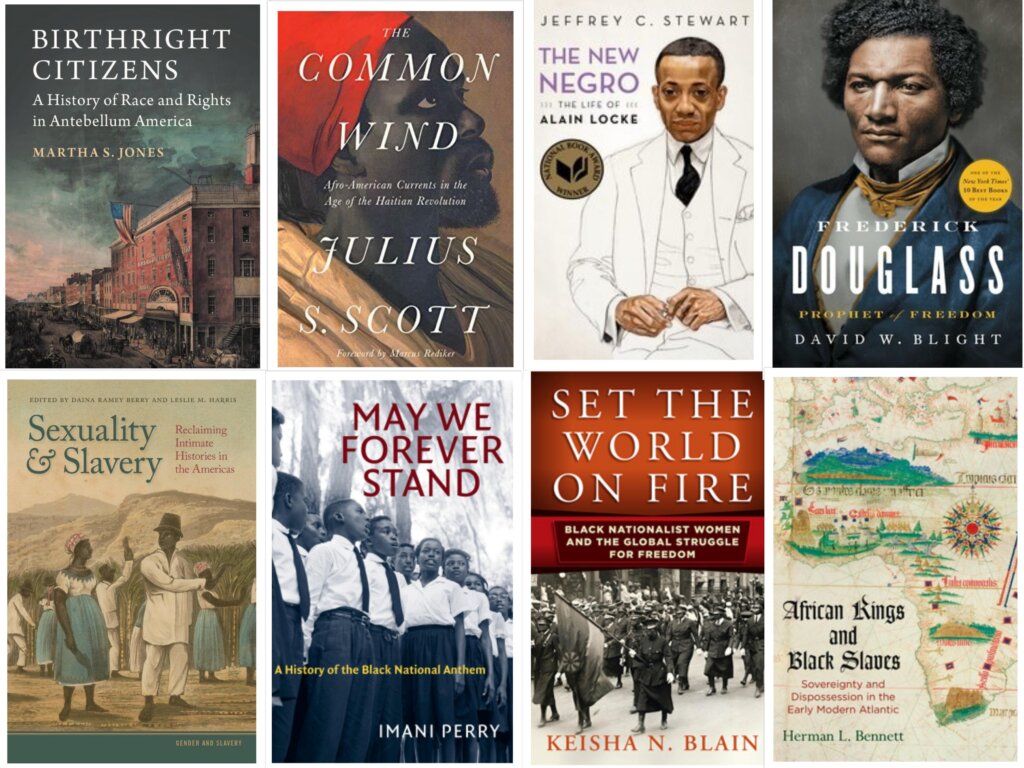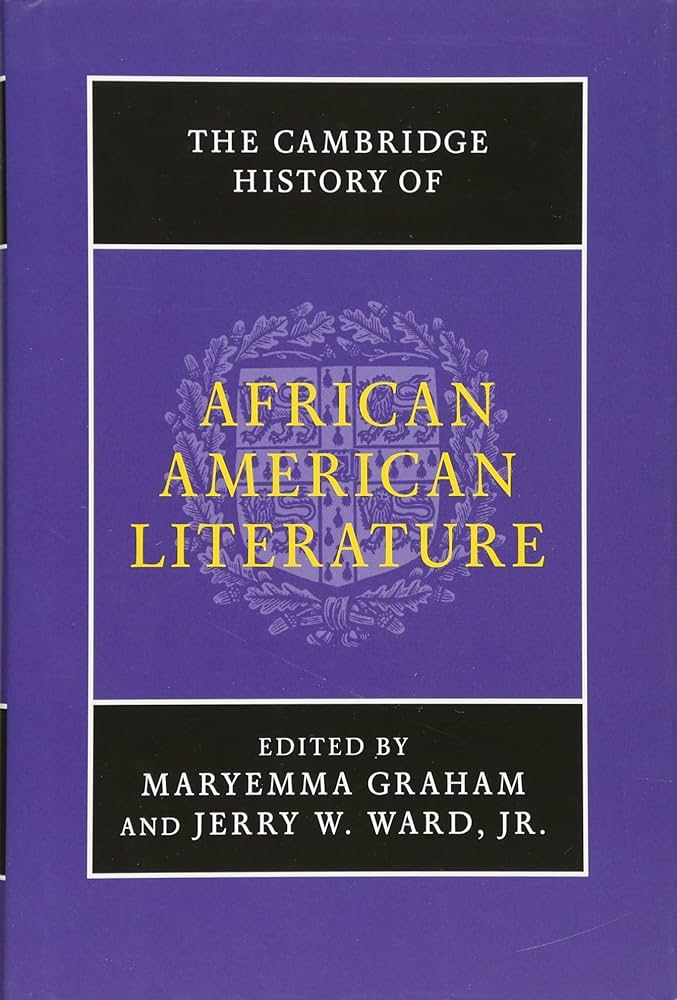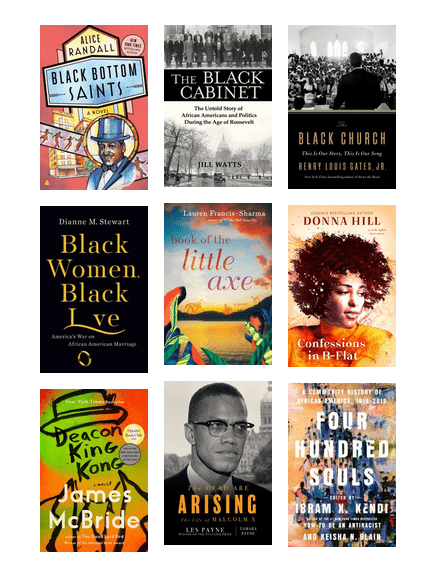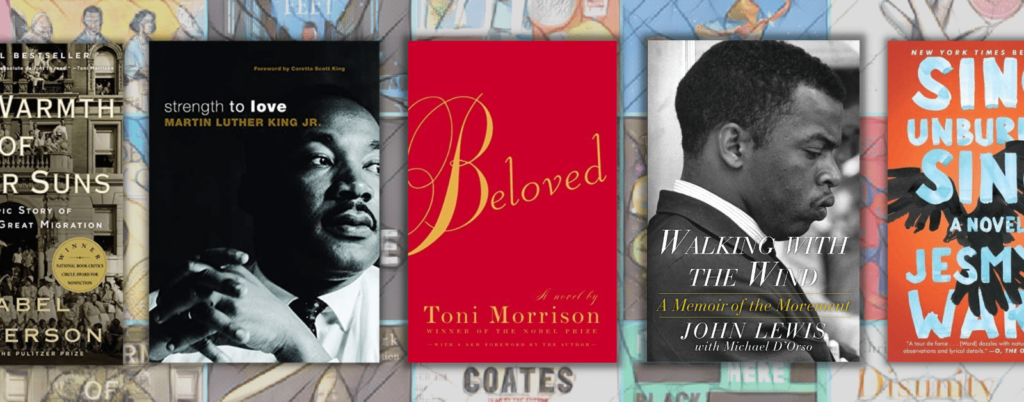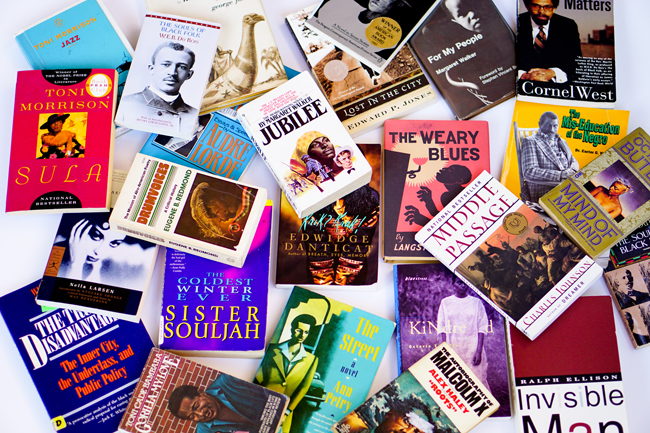10 Inspiring African American Influencers
Get ready to be inspired as we shine a spotlight on 10 incredible African American influencers who have made a significant impact in various fields. From entertainment and sports to business and activism, these individuals have overcome challenges, broken barriers, and become role models for millions around the world. Prepare to be motivated by their stories of resilience, innovation, and determination as we celebrate their contributions to society and their ongoing efforts to create positive change.
1. Music
Jazz icon: Louis Armstrong
Louis Armstrong, known as the jazz icon, revolutionized the world of music with his innovative trumpet playing and unique vocal style. Born in New Orleans in 1901, Armstrong gained recognition for his improvisational skills and ability to infuse emotion into his music. His iconic songs like "What a Wonderful World" and "Hello, Dolly!" continue to resonate with audiences today. Armstrong's influence on jazz and his dedication to his craft make him an inspiring figure in the music industry.Queen of Soul: Aretha Franklin
Aretha Franklin, the Queen of Soul, was a powerhouse vocalist and a symbol of female empowerment. Her soulful voice and powerful performances made her one of the greatest singers of all time. Franklin's hits like "Respect" and "Natural Woman" became anthems for civil rights and women's rights movements. Her ability to connect emotionally with her audience and deliver passionate performances set her apart as a true icon in music history.Hip-hop legend: Tupac Shakur
Tupac Shakur, a hip-hop legend, used his music as a platform to address social issues and shed light on the realities of life in marginalized communities. With his thought-provoking lyrics and raw storytelling, Shakur became a voice for the voiceless. Songs like "Changes" and "Dear Mama" continue to inspire and resonate with audiences today. Despite his tragic death at a young age, Shakur's impact on hip-hop and his dedication to social activism make him an enduring figure in music history.R&B superstar: Beyoncé
Beyoncé, the R&B superstar, has captivated audiences worldwide with her powerful vocals, dynamic performances, and empowering messages. From her early days with Destiny's Child to her solo career, Beyoncé has consistently pushed boundaries and set new standards for the genre. With hits like "Formation" and "Run the World (Girls)," she has promoted themes of feminism, black pride, and social justice. Beyoncé's immense talent, business acumen, and commitment to using her platform for positive change make her an extraordinary influencer in the music industry.2. Literature
Renowned poet: Maya Angelou
Maya Angelou, a renowned poet, used her powerful words to give voice to the struggles and triumphs of African Americans. Through her memoir "I Know Why the Caged Bird Sings" and poems like "Still I Rise" and "Phenomenal Woman," Angelou inspired generations with her resilience and unwavering spirit. Her ability to capture the essence of the human experience and convey it in poetic form solidifies her place as a literary icon.Pulitzer Prize winner: Toni Morrison
Toni Morrison, a Pulitzer Prize-winning author, explored themes of race, identity, and the African American experience in her profound novels. With works like "Beloved" and "The Bluest Eye," Morrison delved into the complexities of history and the lasting impact of slavery on individuals and communities. Her lyrical writing style and insightful narratives earned her numerous accolades, cementing her position as one of the most influential writers of our time.Novelist and activist: James Baldwin
James Baldwin, a novelist and activist, tackled pressing sociopolitical issues through his insightful writings and impassioned speeches. Baldwin's novels, including "Go Tell It on the Mountain" and "The Fire Next Time," examined racism, homophobia, and the complexities of identity in America. His fearless exploration of these topics challenged societal norms and sparked meaningful conversations. Baldwin's powerful words and dedication to fighting for equality make him an enduring figure in literature and civil rights activism.3. Civil Rights
Civil rights leader: Martin Luther King Jr.
Martin Luther King Jr., a civil rights leader, dedicated his life to the fight against racial injustice and inequality. Through his iconic speeches, including the famous "I Have a Dream," King inspired millions and galvanized the civil rights movement. His nonviolent approach and unwavering commitment to justice continue to inspire activists around the world. King's vision of a more inclusive and equal society serves as a guiding light in the ongoing struggle for civil rights.Women's rights advocate: Rosa Parks
Rosa Parks, a women's rights advocate, played a pivotal role in the civil rights movement through her act of defiance on a Montgomery bus. By refusing to give up her seat to a white passenger, Parks ignited a wave of protests and boycotts that eventually led to the desegregation of public transportation. Parks' bravery and steadfast determination to fight injustice serve as an inspiration to those working towards gender equality and civil rights.Black Panther Party founder: Huey P. Newton
Huey P. Newton, the co-founder of the Black Panther Party, was a prominent figure in the fight for civil rights and black empowerment. Newton's leadership and advocacy for self-defense against police brutality and social programs to uplift Black communities made a lasting impact on the movement. While his methods were controversial, Newton's commitment to challenging systemic oppression and promoting social change remains a significant part of civil rights history.4. Sports
Boxing champion: Muhammad Ali
Muhammad Ali, a boxing champion, was not only known for his athletic prowess but also for his outspokenness and activism. Ali's unyielding self-confidence and quick wit made him a larger-than-life figure both inside and outside the ring. His refusal to be drafted into the Vietnam War and his steadfast commitment to social justice earned him respect and admiration worldwide. Ali's legacy as "The Greatest" extends far beyond his boxing career, inspiring athletes and activists to this day.Basketball superstar: Michael Jordan
Michael Jordan, a basketball superstar, revolutionized the sport with his unmatched skills and competitive drive. His dominance on the court, highlighted by six NBA championships with the Chicago Bulls, made him a global icon. Jordan's impact extended beyond the game, as he became a symbol of excellence, determination, and success. His influence on popular culture and his philanthropic efforts have solidified his position as one of the greatest athletes of all time.Tennis trailblazer: Serena Williams
Serena Williams, a tennis trailblazer, shattered records and glass ceilings throughout her extraordinary career. Not only did Williams dominate the sport with her powerful playing style and unparalleled athleticism, but she also fought for gender equality and racial justice. Despite facing discrimination and adversity, she continuously pushed boundaries and inspired generations of young athletes. Williams' resilience, passion, and dedication to breaking down barriers make her an extraordinary figure in the world of sports.
5. Film and Television
Award-winning actress: Halle Berry
Halle Berry, an award-winning actress, broke barriers in the entertainment industry by becoming the first African American woman to win the Academy Award for Best Actress. Her captivating performances in films like "Monster's Ball" and "Introducing Dorothy Dandridge" showcased her versatility and talent. Berry's success in a predominantly white industry has paved the way for future generations of black actors and actresses, opening doors for more diverse representation in film and television.Director and producer: Spike Lee
Spike Lee, a director and producer, has made significant contributions to the film industry with his bold and thought-provoking movies. Known for his African American-centric narratives and unflinching examination of social issues, Lee has challenged mainstream conventions and given a voice to underrepresented communities. Films like "Do the Right Thing" and "Malcolm X" delve into the complexities of race, identity, and justice, providing a unique perspective that has inspired and educated audiences around the world.Oscar-winning actor: Denzel Washington
Denzel Washington, an Oscar-winning actor, has captivated audiences with his powerful performances and versatility. From his role in "Glory" to his portrayal of Malcolm X, Washington has brought complex characters to life with depth and authenticity. His dedication to his craft and his ability to command the screen have solidified his status as one of the greatest actors of our time. Washington's impact on the film industry and his commitment to portraying diverse stories make him an influential figure in Hollywood.TV producer and actress: Shonda Rhimes
Shonda Rhimes, a TV producer and actress, has transformed the landscape of television with her groundbreaking shows. From "Grey's Anatomy" to "Scandal" and "How to Get Away with Murder," Rhimes has brought diverse characters and compelling narratives to mainstream audiences. With her "Shondaland" production company, she has championed inclusivity and representation, inspiring a new generation of television creators. Rhimes' trailblazing work and commitment to diversity have reshaped the television industry.6. Fashion
Fashion designer and entrepreneur: Rihanna
Rihanna, a fashion designer and entrepreneur, has made a significant impact on the fashion industry with her boundary-pushing style and innovative designs. Through her fashion label Fenty, she has broken barriers by prioritizing inclusivity and diversity on the runway. Rihanna's ability to set trends and embrace her own unique style has made her a fashion icon, inspiring individuals worldwide to express themselves boldly and authentically.Supermodel: Naomi Campbell
Naomi Campbell, a supermodel, has been a trailblazer in the fashion industry for over three decades. As one of the first black models to achieve international success, Campbell shattered barriers and paved the way for more diverse representation on runways. Her unparalleled beauty and fierce presence have made her a true icon in the fashion world. Campbell's longevity in the industry and dedication to advocating for inclusivity have solidified her status as an influential figure in fashion.
7. Science and Innovation
NASA mathematician: Katherine Johnson
Katherine Johnson, a NASA mathematician, played a vital role in the success of numerous space missions, including the historic Apollo 11 moon landing. Despite facing challenges as an African American woman in a predominantly white and male field, Johnson's brilliance and mathematical expertise earned her the respect of her colleagues and the admiration of the world. Her contributions to space exploration serve as a testament to the power of perseverance and intellect.Inventor and scientist: George Washington Carver
George Washington Carver, an inventor and scientist, made significant contributions to agricultural research and farming techniques. Carver's work with peanuts and other crops revolutionized farming practices and helped alleviate poverty in rural communities. His commitment to finding sustainable solutions and his passion for education elevated him as a role model for future generations of scientists and inventors.8. Entrepreneurship
Business magnate: Oprah Winfrey
Oprah Winfrey, a business magnate, has achieved unparalleled success in the media industry. From her groundbreaking talk show to her media empire, Winfrey has made a lasting impact on popular culture. Beyond her professional accomplishments, she has used her platform to uplift and inspire individuals through her philanthropic work and advocacy for various social issues. Winfrey's entrepreneurial spirit and dedication to making a positive difference exemplify her influence and impact in the business world.Tech entrepreneur: Mark Dean
Mark Dean, a tech entrepreneur, played a crucial role in the development of personal computers and their widespread use. He co-invented the ISA bus, a key component in modern computers, and made significant contributions to multiple other technologies during his career at IBM. Dean's expertise and innovation have had a lasting impact on the technology industry, shaping the way we live and work in the digital age.9. Political Activism
Former US President: Barack Obama
Barack Obama, the former US President, made history as the first African American to hold the highest office in the country. Obama's presidency was marked by his commitment to equality, healthcare reform, and a more inclusive America. His powerful leadership and ability to inspire hope resonated with millions around the world. Obama's impact on politics and his dedication to creating positive change continue to shape the future of the United States.Congresswoman and activist: Shirley Chisholm
Shirley Chisholm, a congresswoman and activist, became the first African American woman elected to the United States Congress. Throughout her political career, Chisholm fought for gender and racial equality, as well as social justice. Her iconic campaign for the Democratic Party's presidential nomination in 1972 broke barriers and paved the way for future generations of black women in politics. Chisholm's trailblazing spirit and dedication to advocacy make her an inspiring figure in political activism.10. Arts
Acclaimed painter: Jean-Michel Basquiat
Jean-Michel Basquiat, an acclaimed painter, challenged traditional art conventions and brought street art into the mainstream. His raw and expressive style, often incorporating powerful symbols and social commentary, captured the attention of the art world. Basquiat's ability to blend different mediums and cultural references created a unique visual language that continues to inspire and captivate audiences today. His impact on contemporary art and his exploration of identity and social issues make him a revered figure in the art world.Grammy-winning musician: Stevie Wonder
Stevie Wonder, a Grammy-winning musician, has enchanted audiences with his soulful voice and musical genius. From his early Motown hits to his socially conscious songs, Wonder's music transcends genres and connects with people on a deep emotional level. His ability to blend pop, soul, and R&B has earned him critical acclaim and a vast fanbase. Wonder's influence on music and his commitment to spreading love and positivity through his art make him an indelible figure in the world of music.https://howtoplaythedjembedrums.com/10-inspiring-african-american-influencers/







